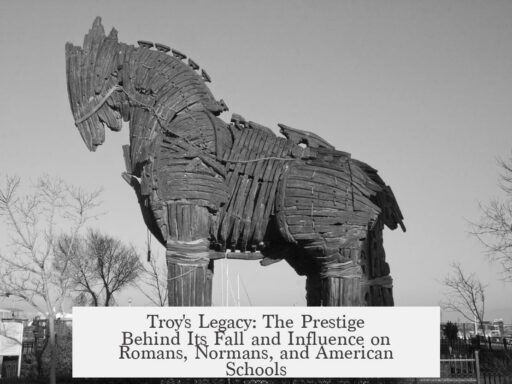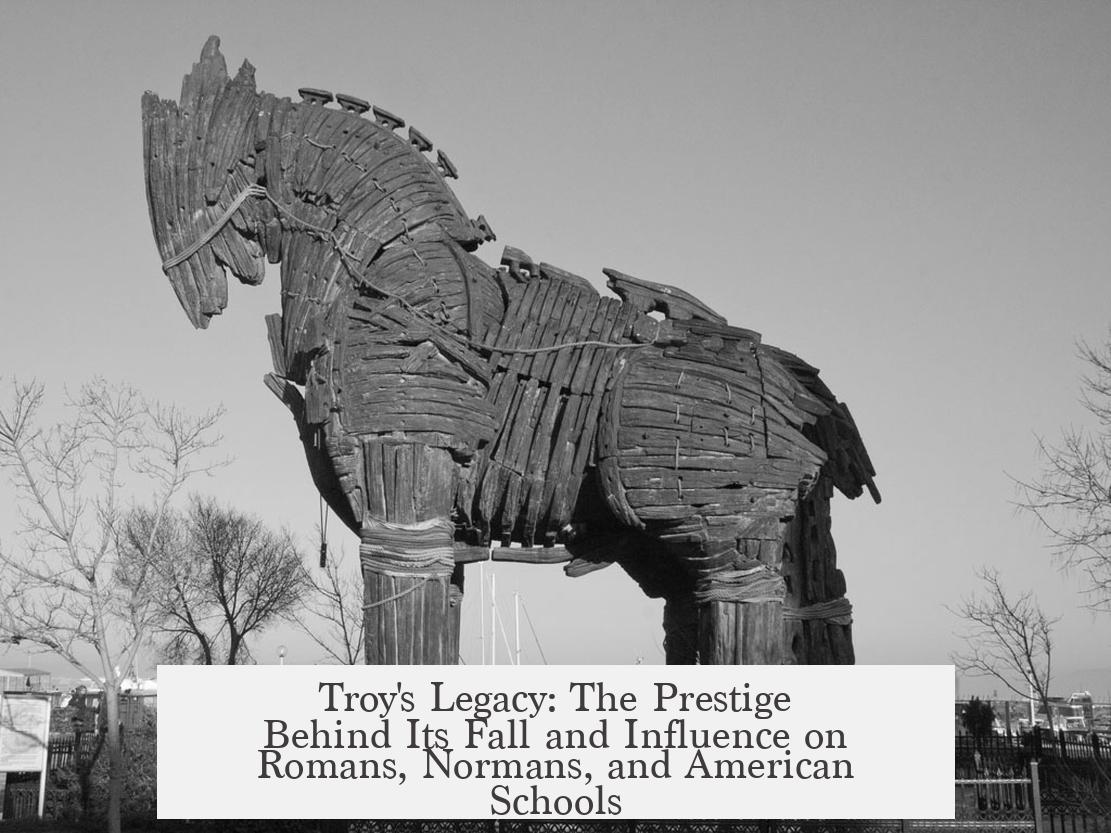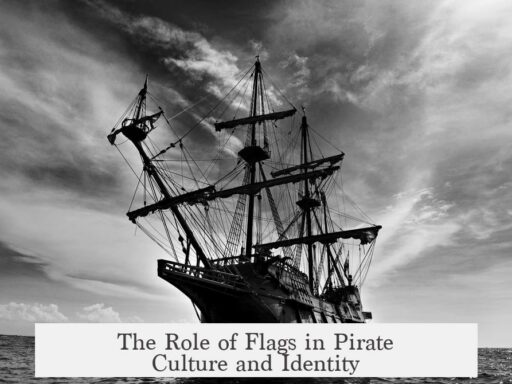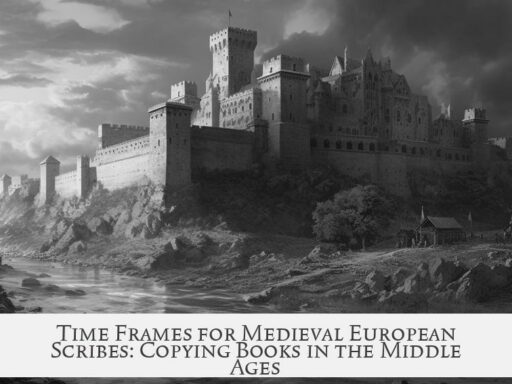Troy’s prestige rests primarily on its central role in Homer’s epics, the Iliad and the Odyssey, which stand as foundational works of classical Greek culture. Though the city is most famous for its sack, this event is embedded in a larger, powerful myth that shaped Greek identity and, through cultural legacy, European civilization as a whole.
The Iliad and Odyssey immortalize Troy as the stage for heroism, sacrifice, and deep human drama. These poems were more than stories; they became canonical texts that shaped Greek self-understanding and morality. Because Troy features in these narratives, it gained lasting prestige independent of its historical fate. This cultural importance eclipsed its military defeat.
The Trojan War myth was already well developed by Homer’s time and was a key cultural narrative for the Greeks. It represented a defining moment—a clash between civilizations—that helped forge a shared identity. Homer’s version solidified this myth in literary tradition, and communities sought inclusion in the story to share in Troy’s renown. The so-called Catalogue of Ships in the Iliad, for example, was expanded over time to add cities claiming participation, reflecting a widespread desire to connect with Troy’s glory.
| Aspect | Explanation |
|---|---|
| Troy’s Cultural Importance | Center of Homer’s epics, foundational to Greek culture. |
| Myth as Identity | Trojan War helped form Greek communal and cultural identity. |
| Mythic Expansion | Various cities claimed Trojan connection to share prestige. |
Roman and Norman claims of descent from the Trojans grew naturally from this prestigious myth. As Greek culture and literature spread west, Homer became seen as the foundation of European literary and cultural heritage. The Trojan War symbolized a foundational conflict between East and West. For emerging powers like Rome, linking themselves to Trojan refugees provided a dignified and ancient ancestry. This avoided the less desirable status of being a Greek colony, which would imply subordination.
Romans traced their origins to Aeneas, a Trojan hero whose legendary flight from the fallen city led to the founding myths of Rome. This lineage gave them a noble origin aligned with heroic valor. The Normans, with ancestral ties to Britain, could also participate in this myth through adaptations like the tale of Brutus of Troy, an invented founder of Britain. Such narratives lent historic and noble grandeur to medieval European identities.
This Trojan origin myth became a flexible tool for creating prestigious foundations across Europe. Claiming Trojan ancestry connected rulers and peoples to the heroic age Homer described, embedding them in a wider narrative of civilization and valor. It was both a cultural badge and a political statement about identity and heritage.
- Romans avoided Greek dependency by claiming Trojan descent.
- Normans connected to Trojans through British founding myths.
- Trojan ancestry symbolized ancient, heroic beginnings in Europe.
The popularity of Trojan mascots in many American schools stems from the same cultural prestige that Troy accumulated through Homer and later European claims. Trojans evoke images of strength, bravery, endurance, and noble struggle. Schools adopt this symbol to inspire those qualities in students and athletes. The Trojan mascot references a world-renowned mythological identity tied with heroic virtue rather than historical military success.
Americans embrace Trojan imagery as part of a broader cultural heritage linked to classical education, literature, and ideals. The enduring fame of Troy from Homer’s epics continues to shape modern symbolism, making Trojans a powerful representation of courage and resilience in educational environments. It connects contemporary communities to a timeless narrative of honor and perseverance.
| Reason for Trojan Mascots | Details |
|---|---|
| Symbol of Heroism | Represents bravery and noble struggle from Homeric epics. |
| Connection to Classical Tradition | References cultural prestige of Troy and classical education. |
| Inspiration for Strength | Embodies endurance, courage, and resilience. |
- Troy is prestigious because of Homer’s epic legacy.
- The Trojan War myth formed Greek and later European identities.
- Romans and Normans claimed Trojan descent for noble origins.
- American schools use Trojan mascots to symbolize heroic qualities.
Why is Troy considered prestigious even though it was destroyed?
Troy’s prestige comes mainly from Homer’s *Iliad* and *Odyssey*, which are foundational texts of Greek culture. It is famous as the setting of these epic stories, making it a symbol of heroism and cultural identity rather than military success.
Why did the Romans claim descent from the Trojans?
The Romans wanted a noble origin that wasn’t Greek, to avoid seeming like Greek colonists. Claiming descent from Trojan refugees linked them to a prestigious, ancient story and gave them a unique founding myth.
How did the Normans connect themselves to the Trojans?
Normans traced their ancestry through Britons, who were said to descend from Trojan refugees. This myth helped create a dignified origin story and linked them to the broader European tradition stemming from Troy.
Why do many American schools use the Trojan as their mascot?
Schools adopt the Trojan mascot to represent qualities tied to Troy’s heroic image: courage, strength, and endurance. These come from the lasting cultural prestige of the Trojan War as told in classical epics.
How did Homer’s poetry influence the way Troy was viewed by later cultures?
Homer’s works canonized the Trojan War myth and established it as a central cultural narrative. Different cities even inserted themselves into the story to claim prestige, helping Troy’s legacy spread widely across Europe.




